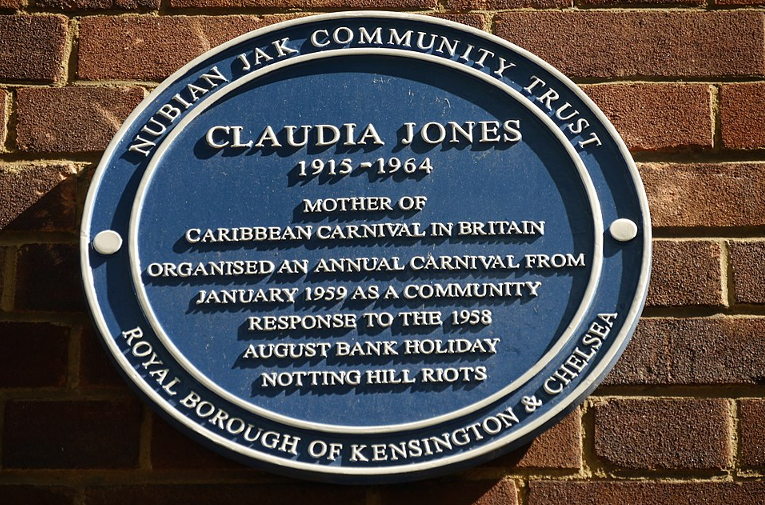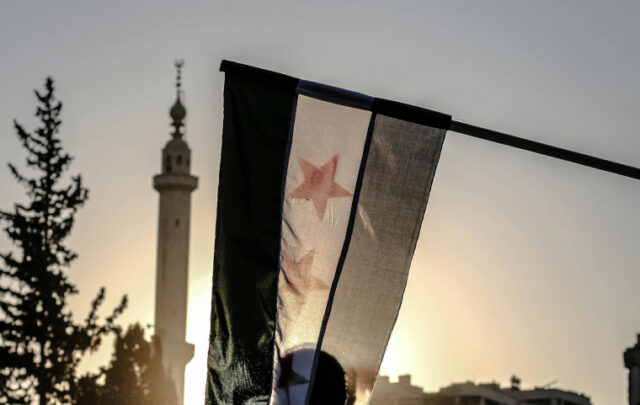The importance of recognizing histories that have been erased, ignored, or suppressed transcends time limits. On every day of the year, we must rewrite the dominant narrative of white history. While this article was originally created for Black History Month, its relevance is evergreen. As the author writes, “Black history should not have a special category as it is part of human history. Rather, Black History Month should be an avenue to amplify Black history based on past erasure and marginalization.”
“If you are silent about your pain, they’ll kill you and say you enjoyed it.”― Zora Neale Hurston
In writing this article, I want to pay respects to all those who have gone before us: whose shoulders we stand on. I honor and celebrate the courage, diligence, and commitment of those ancestors whose labor, blood, tears, and sweat have contributed to western society, including Scotland. I also want to remember everyone adversely affected by this pandemic and for the continued work and sacrifice of health and care workers to protect and preserve lives.
Black history, in particular Caribbean history, is part of Scottish history too. Growing up in Trinidad and Tobago, a multicultural twin island republic of infinite possibilities, the Scottish effect did not resonate with me until I came to Scotland as an adult.
I was recently reminded by a childhood friend of having to learn John Keats’ poem about the naughty boy who ran away to Scotland, the people there to see. I discovered, like the English boy in the poem, that some of the things that he left in England were the same in Scotland. Thus, while I am not a naughty girl and did not run away to Scotland, I have also unveiled the connections of Scotland in Trinidad. I grew up in a village called Montrose, surrounded by housing estates called Edinburgh gardens, Edinburgh 500 and an old sugar plantation called Brechin Castle. My granny worked for a Scottish family, the MacDonalds, with children called Hamish and Morag. We made ‘messages’ and we have a group of multiracial families that I call ‘black gingers’! Yes, red haired, fair skinned, and freckled with ginger afros. Black History Month makes these connections visible.
Though these are pleasant childhood memories to me, the dark underbelly of the story behind those names are not so pleasant — and BHM also makes these connections visible. All these connections are legacies of colonialism, the transatlantic slave trade, and indentureship, and show how interlinked, complex, and intertwined our histories are — and, more importantly, that Black history should not have a special category as it is part of human history. Rather, Black History Month should just be an avenue to amplify Black history based on past erasure and marginalization. Black History Month should be an opportunity for those not racialized as being of African descent, particularly people racialized white, to reflect on how they live and move in the world — and what role they can play in addressing and redressing structural inequality and standing in solidarity with historically disadvantaged communities to attain reparative justice. In a way, therefore, BHM creates visible opportunities to learn about a hidden history of all of us.
Rudolph Malcolm Walker (CBE) has expressed that UK Black history is one of the missing or invisible threads from the tapestry of British history as it is too often overlooked, misconstrued, or ignored. Thus, UK Black History Month is the opportunity to share, celebrate, and understand the impact of people from the African diaspora, highlighting their value and contribution to society because it is often invisible from ‘white’ history. At the same time, this universal reset and time-out triggered by the pandemic, the Windrush scandal, and the resurgence of the Black Lives Matter movement are reminders of the need to not be silent about our pain and to raise our voices against structural and systemic racism in the UK and globally — lest people say we enjoy it, whilst kneeling on our necks.
On a personal level, I want to reveal one of the ‘superpowers’ that has been given to me as a result of being of African descent in Scotland. I am invisible in certain spaces. My superpower means that I can be on the train and the conductor will ask everyone to see their ticket except me, and be totally ignored by co-workers in the office and by fellow parents on the school run. Most importantly, this invisibility means that I am bypassed for suitable job roles as a multi-skilled, talented Black worker in Scotland. In other spaces, I am ‘hypervisible’ — for example during BHM or while being followed around a store. Removing the veil of invisibility has led me to become very involved with the trade union movement, co-found a women’s collective (WoC Scotland) and be part of NHS 24’s minority ethnic staff network with the aim to promote social justice, equity, and antiracism in the workplace and the wider community. However, as Audre Lorde has eloquently said: “that visibility which makes us most vulnerable is that which also is the source of our greatest strength”.
I also want to make visible a few women whose voices and actions have profoundly shaped Britain today. Black women’s activism in the UK is a long, rich, and intensely inspiring one, yet the narratives of Black women activists have often been erased or minimized. I name seven here to remember and celebrate their accomplishments, and acknowledge that there were several hundred who fought tirelessly and supported other women.
- Claudia Jones (1915–1964): Journalist, political activist known as mother of the Notting Hill Carnival (protest response to the race riots in Notting Hill)
- Connie Mark (1923–2007): Founding member and president of the Mary Seacole Memorial Association credited with keeping the memory of Mary Seacole alive. Youth activism worked to instil pride in their heritage for young people of African and Caribbean descent.
- Olive Morris (1952–1979): Civil rights champion, Morris campaigned for the rights of black people in South London and Manchester. Founding member Organisation of Women of African and Asian Descent (OWAAD) and the Brixton Black Women’s Group.
- Margaret Busby OBE (Nana Akua Ackon)(1944 — present) Britain’s youngest and first black woman publisher and campaigner for diversity in publishing Myriad (publishers)
- Altheia Jones-LeCointe (1945 — present): physician and research scientist; activist and one of the Mangrove Nine. She was a central figure of the British Black Panther movement.
- Paulette Wilson (1956 -2020): She raised awareness of the injustice being faced by the Caribbean community and the human rights violations of the Windrush scandal.
- Doreen Lawrence, Baroness Lawrence of Clarendon, OBE (1952 — present) British Jamaican campaigner and the mother of Stephen Lawrence, a black British teenager who was murdered in a racist attack. Baroness Lawrence tirelessly campaigned for police reform and was awarded an OBE in 2003 for services to community relations.
Just like these women, we as individuals can also make a positive change by speaking out against racial inequality. So, like that boy in the poem:
I stand in my shoes in Scotland,
and wonder what life can be
as a proud Black Scottish worker
when everyone is truly free
Free to be fulfilled, successful and happy
Free to recognise the humanity
In every individual regardless of skin colour
Accent, nationality or ancestry
Three things you can do right now
- Educate yourself and speak out against racial injustice. I recommend the following books: Me and White Supremacy, by Layla Saad; Why I’m No Longer Talking to White People about Race, by Reni Eddo-Lodge; The Inner Work of Racial Justice, by Rhonda V. Magee; and How to Be an Antiracist, by Ibram X Kendi.
- Help promote this article by sharing these posts on Twitter, Facebook, and LinkedIn. Sign up here for email alerts when articles like this are shared on social media.
- Follow Women of Colour Scotland on Facebook and Twitter.
Teaser photo credit: By Edwardx – Own work, CC BY-SA 4.0, https://commons.wikimedia.org/w/index.php?curid=34454066





